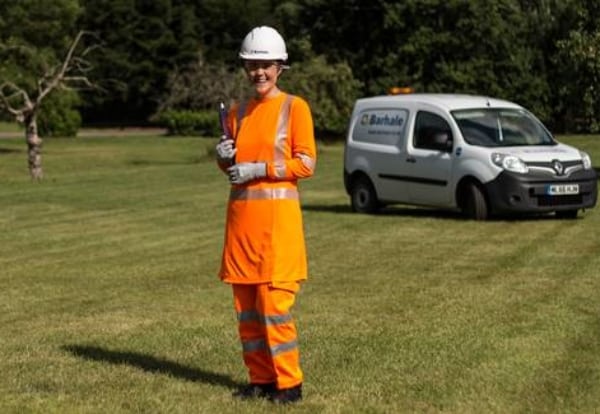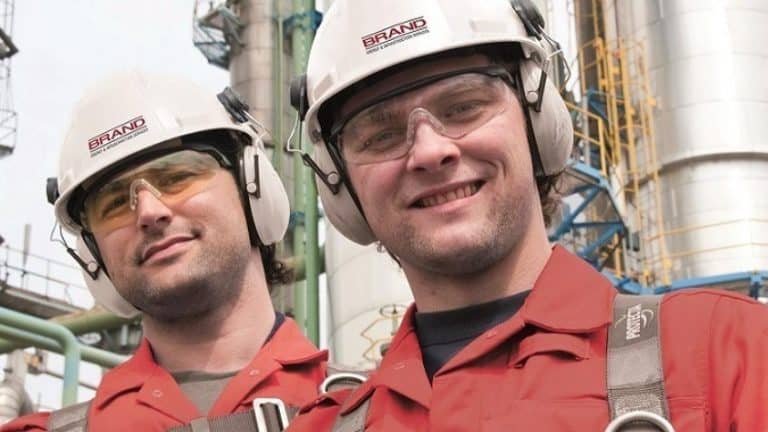Scaffolders on Drax power station have cancelled their strike action that was due to start this week.
The 29 workers from Altrad-Hertel who are members of Unite the union have reached an agreement with their employers. As previously reported the dispute was over Altrad-Hertel’s apparent refusal to register the workers under the National Agreement for the Engineering Construction Industry (NAECI).
The series of 24-hour strikes were set to take place during a maintenance shutdown on Drax on Thursday 5 September, Thursday 12 September and Wednesday 18 September. This period would have had major financial consequences for Drax’s operators.
However, following fresh negotiations, Altrad-Hertel has agreed to the register the scaffolders under the NAECI agreement from 1 November 2019.
Successful negotiations
Unite regional officer Chris Weldon said: “Unite is very pleased that this dispute has been resolved through negotiations and strike action has been avoided.
“If strike action had occurred it would have caused major disruption at the Drax power station.
“Now that an agreement has been reached, Unite hopes that we can develop a far stronger relationship with Altrad-Hertel, during periods of shutdown and standard repair and maintenance work at the power station.”











